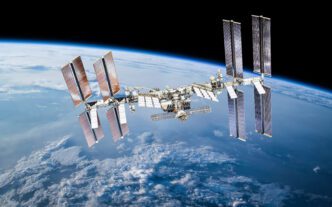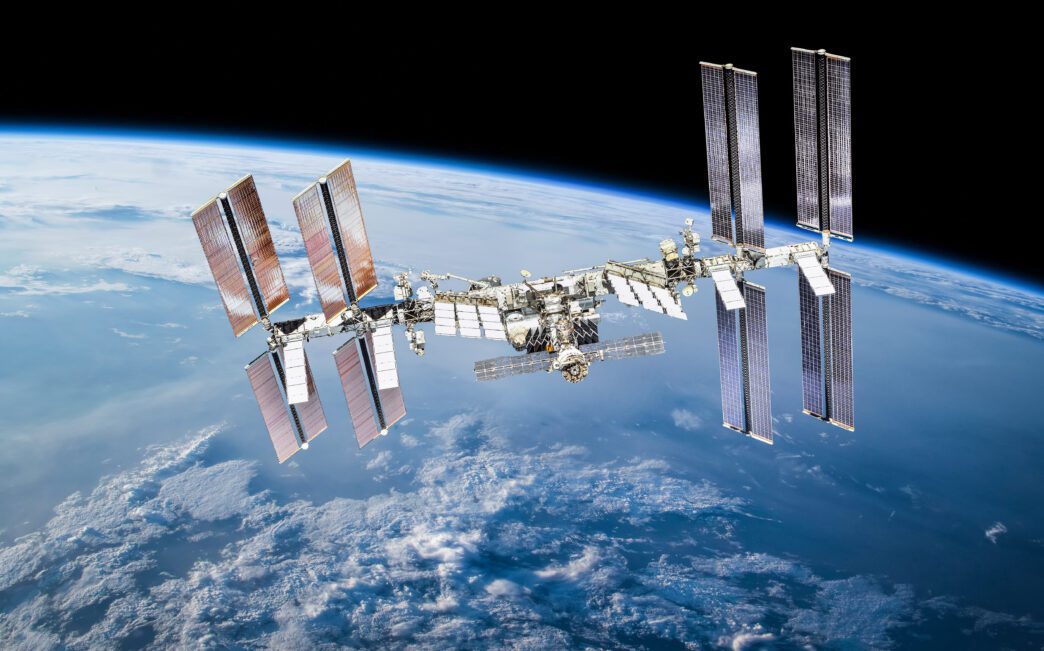Executive Summary
- China is preparing for the return of three astronauts from its Tiangong space station following a delay caused by space debris impacting their vessel.
- China’s economy is undergoing significant adaptations due to an increasingly “moderately aged” population, affecting businesses and policymakers.
- Taiwan’s military is facing a worsening manpower crisis, struggling to attract enough volunteers despite increased defense spending.
The Story So Far
- China is currently navigating significant domestic economic shifts driven by an aging population, which necessitates widespread adaptations for businesses and policymakers. Concurrently, Taiwan’s military faces a worsening manpower crisis, struggling to attract enough volunteers despite increased defense spending, posing a challenge to its defense capabilities amidst regional security considerations.
Why This Matters
- The delayed return of Chinese astronauts due to space debris highlights the inherent risks and complexities of space missions, while domestically, China’s aging population necessitates significant economic and policy adaptations impacting labor, welfare, and growth. Concurrently, Taiwan’s military faces a worsening manpower crisis despite increased defense spending, posing a critical challenge to its defense capabilities amid regional security concerns.
Who Thinks What?
- Chinese space authorities are focused on ensuring the safe return of three astronauts from the Tiangong space station following a delay caused by space debris impacting their return vehicle.
- Chinese policymakers and businesses are grappling with a “moderately aged” populace, necessitating widespread adaptations across various economic sectors to address an aging workforce and changing consumer patterns.
- Taiwan’s military is contending with a worsening manpower crisis, struggling to attract enough volunteers despite increased defense spending, which poses a significant challenge to its defense capabilities.
China is reportedly preparing for the return of three astronauts from its Tiangong space station, following a delay last week caused by debris impacting their vessel. This development coincides with significant domestic economic shifts as the nation grapples with an aging population, prompting necessary adaptations for businesses and policymakers. Meanwhile, Taiwan’s military is facing a worsening manpower crisis, struggling to attract enough volunteers despite increased defense spending.
Space Mission Update
The planned retrieval mission for the three astronauts follows an incident last week where their return vehicle was struck by space debris. This event had previously delayed their scheduled return to Earth from the Tiangong space station. Details regarding the specific nature of the debris or the extent of any damage were not immediately disclosed.
This operation underscores the inherent complexities and risks associated with extended human spaceflight missions. Authorities are now focused on ensuring a safe and timely return for the crew.
China’s Demographic Shift and Economic Impact
Domestically, a substantial portion of China’s population has now crossed a key demographic threshold, entering a period defined by an increasingly “moderately aged” populace. This significant demographic shift is poised to necessitate widespread adaptations across various sectors of the economy.
Policymakers and businesses are expected to implement new strategies to address the implications of an aging workforce and changing consumer patterns. The long-term effects on labor supply, social welfare systems, and economic growth are key considerations for the coming years.
Taiwan’s Military Manpower Challenges
Across the Taiwan Strait, the island’s military is contending with a growing manpower crisis. Despite reported increases in defense spending, the number of volunteers choosing to serve continues to shrink, exacerbating existing recruitment difficulties.
This ongoing decline in volunteer numbers presents a significant challenge to Taiwan’s defense capabilities. Efforts to bolster the military’s ranks are a critical focus amid regional security considerations.
Key Takeaways
These concurrent events highlight a range of pressing issues across the region, from the logistical complexities of space exploration to profound demographic changes influencing economic policy and persistent defense challenges. Each development carries significant implications for national planning and regional dynamics.








